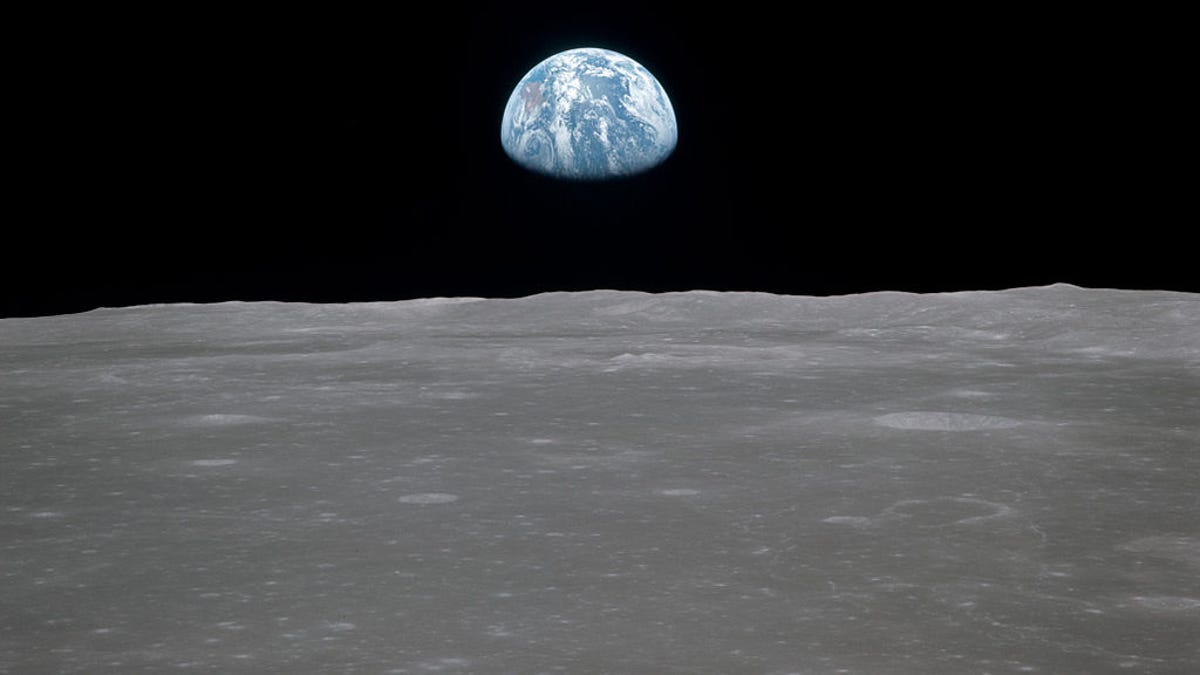Five Google Lunar XPrize teams confirm they're set for the moon
Five independent teams have secured launch contracts for their lunar landers to lift off in 2017.

The Google Lunar XPrize (GLXP) teams are still soldiering on and, with the deadline now less than 12 months away, the XPrize Foundation has confirmed that five of those teams have signed launch contracts that that will allow them to launch to the moon by the end of the year.
The GLXP is a $30 million purse of prizes open to independent teams from around the globe, with the overall goal of fostering the development of commercial space exploration. $20 million goes to the first team to successfully land a vehicle on the moon and then successfully cover a distance of 500 meters of lunar surface while streaming high-definition video back to the Earth. $5 million goes to the second team to do the same, while millions of dollars in other prizes are also up for grabs -- including bonuses for extra distance and visiting historic sites.
The deadline? It currently stands at midnight, December 31 of 2017. Any team whose lander hasn't left the launchpad by then is automatically out of the running.
Over 30 teams signed on to the competition after its original announcement back in 2007. Along the way, many have joined forces or dropped out of the running. Of those who remain, only five teams now hold verified launch contracts that will, in theory, get them at least into orbit in time for that end-of-year deadline. Those teams are:
- Hakuto - A Japanese team with a pair of small rovers that will hitch a ride into orbit with Team Indus.
- Moon Express - An American team that is working with Rocket Lab USA.
- SpaceIL - An Israel-based team that has signed on with SpaceX.
- Synergy Moon - An international team that is partnering with Interorbital Systems for its launch.
- Team Indus - An Indian team that will hitch a ride with the Indian Space Research Organization, carrying Hakuto's rovers as well.
Notable in their absences are Carnegie Mellon-based Astrobotic, an early front-runner that has delayed its lunar launch until 2019, and Part-Time Scientists, a German team that had partnered with Audi to develop its lunar rover.
Google and XPrize also confirmed that the $1 million Diversity Prize will be split among all 16 remaining teams. The prize was intended to acknowledge those teams that have promoted ethnic diversity within Science, Technology, Engineering and Math (STEM) disciplines. Having been lucky enough to visit many of those teams and meet many of their members, I was continually impressed by the diversity of their ranks.
So, there you have it: Five teams remain in the running for the $20 million first and $5 million second prizes. The clock is ticking.

